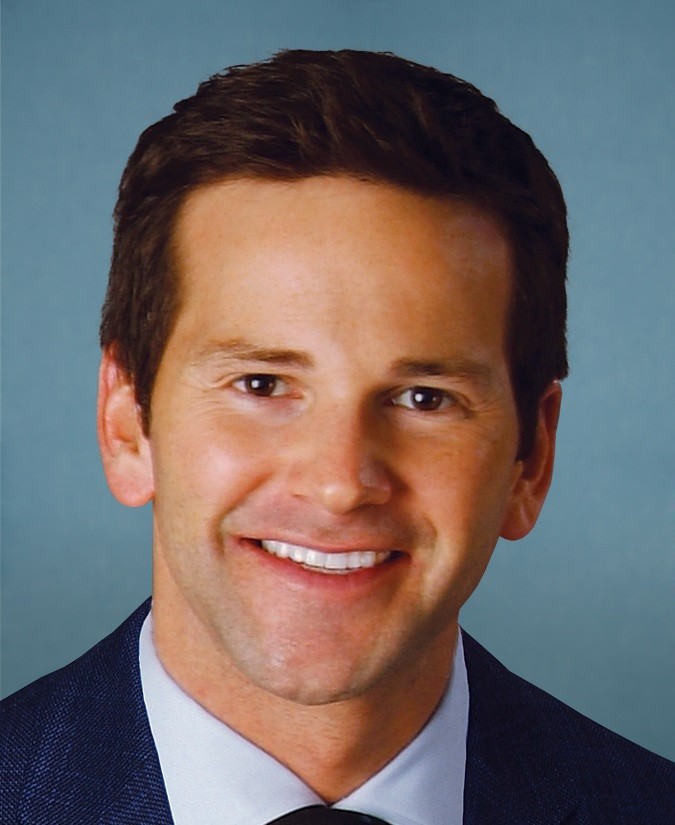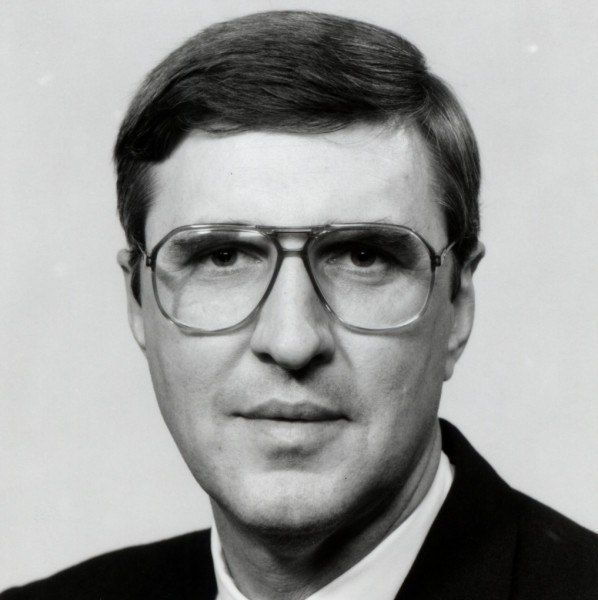Bill Miller (finance) Wikipedia the free encyclopedia
Post on: 17 Август, 2015 No Comment

Contents
Biography [ edit ]
Miller graduated with honors from Washington and Lee University in 1972 with a degree in economics. Subsequent to graduation, he served as a military intelligence officer overseas and pursued graduate studies in philosophy in the Ph.D. program at The Johns Hopkins University. [ 2 ]
Prior to joining Legg Mason in 1981, he served as treasurer of the J.E. Baker Company, a major manufacturer of products for the steel and cement industries. Miller received his CFA designation in 1986.
Miller was the director of research of Legg Mason from October 1981 through June 1985. Miller co-managed (with Ernie Kiehne) the Legg Mason Capital Management Value Trust from its inception in 1982. Over the years, Mr. Miller and his team received numerous accolades for their management record and distinct style, which focuses on a detailed understanding of businesses and their intrinsic value. Miller was ranked among the top 30 most influential people in investing when he was named a member of the Power 30 by SmartMoney. He was also named by Money magazine as The Greatest Money Manager of the 1990’s and named Morningstar’s 1998 Domestic Equity Manager of the Year. In 1999, he was selected as the Fund Manager of the Decade by Morningstar.com. Also in 1999, Barron’s named him to its All-Century Investment Team [ 3 ] and BusinessWeek called him one of the Heroes of Value Investing.
Value Trust [ edit ]
The Legg Mason Capital Management Value Trust’s after-fee return beat the S&P 500 index for 15 consecutive years from 1991 through 2005 (consistently producing market beating returns is considered to be very unlikely according to the efficient market hypothesis ).
Miller once said, As for the so-called streak, that’s an accident of the calendar. If the year ended on different months it wouldn’t be there and at some point the mathematics will hit us. We’ve been lucky. Well, maybe it’s not 100% luck—maybe 95% luck. [ 4 ]
Michael Mauboussin. former Chief Investment Strategist at Legg Mason Capital Management, looked at the historical data on the percent of equity mutual funds that beat the market during Value Trust’s 15-year streak. [ 5 ] Because the number of equity mutual funds beating the market fell as low as 8% in one year and 13% in another, he estimated the probability of beating the market in the 15 years ending 2005 was 1 in 2.3 million. [ 5 ]
However, Leonard Mlodinow. in The Drunkard’s Walk, notes that Mauboussin’s analysis misframes the question, and when framed properly, the probability of occurrence of such a streak is much higher, around 3%. [ 6 ] Additionally, Mauboussin’s analysis also doesn’t consider other possible 15-year windows where similar streaks could have occurred, but did not. When these periods are also included in the analysis, the odds of someone beating the market 15 years in a row at some point in modern US investing is around 75% — in other words, it would have been unlikely if there hadn’t been such an occurrence.

For the calendar years ending 2006, 2007 and 2008, LMVTX sharply underperformed the S&P 500 Index, but outperformed the S&P by more than 1,400 basis points (14%) for calendar year 2009, as the market rebounded. In 2010, though, the Value Trust underperformed the S&P 500 and did again in 2011, making five underperforming calendar years in the preceding six.
In November 2011, Legg Mason Capital Management announced that Miller would turn over full management of the Value Trust to Sam Peters, his co-manager at the time of the announcement, as of the end of April 2012. Peters also assumed the role of chief investment officer at that time. Miller managed or co-managed the fund for 30 years. [ 7 ]
Legg Mason Capital Management was later subsumed by ClearBridge, another Legg Mason subsidiary, and the Value Trust fund continues to be run under ClearBridge’s name.
Quotes [ edit ]
- One hundred percent of a company’s information reflects its past while 100 percent of its value reflects its future.The biggest opportunity for investors is really thinking out longer term. (WSJ, January 6, 2005)
- Certainty belongs to mathematics, not to markets, and anyone who awaits clarity, visibility, or the diminution of uncertainty pays a high price for a chimera. (Value Trust 12/31/02 Shareholder Report)
- Stocks, markets, and money managers’ performance are subject to enantiodromia, the tendency of things to swing to their opposites. Those swings can have wide arcs, and unsustainable trends can sometimes persist beyond the ability of one to endure. That is why most investors are out of stocks at the bottom—they are tired of losing money—and fully invested at the top—they believe their good performance will persist despite their stocks or the market’s being overpriced. (December 1990)
- It is the nature of financial markets to be subject to sharp price fluctuations, to be buffeted by events, and often to be emotionally trying. Successful investing involves the disciplined and patient execution of a long-term strategy, especially when it is emotionally difficult. That is usually the time the opportunities are the greatest. (October 1990) [ citation needed ]
- We are value investors because we are persuaded of the logic of buying shares of businesses when others want to sell them, and we understand that lower prices today mean higher future rates of return, and high prices today mean lower future rates of return. (July 2008) [ citation needed ]
- Lowest average cost wins. [ citation needed ]
- Someone once asked me how I knew when we were wrong. When we can no longer get a quote, was my answer. [ 8 ]














